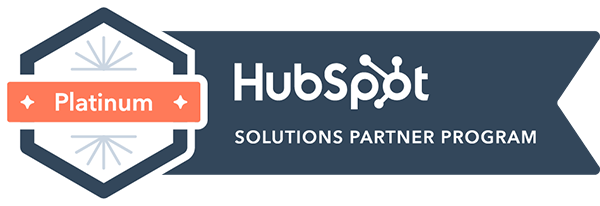 Referrals are a key source of business for managed service providers and with good reason: referral prospects are four times more likely to make a purchase than non-referrals.
Referrals are a key source of business for managed service providers and with good reason: referral prospects are four times more likely to make a purchase than non-referrals.
The challenge with relying on referrals for leads is that the well can dry up at any time. It’s not consistent, and you don’t have much control over it. That’s why it’s critical to employ a variety of strategies and tactics to ensure your funnel stays active.
That being said, there are ways to encourage your happy clients to recommend you to their colleagues. Many MSPs use referral programs to incentivize their clients to send new business their way.
What is a referral program?
A referral program is an intentional strategy for rewarding your clients for sending new business your way. There are many different ways to do this, and what works for one MSP might not work for yours.
A quick note: Some MSPs use cash rewards for their referrals. In general, non-cash rewards tend to work better for referral programs. In fact, they have been shown to be 24 percent more effective at boosting performance than cash rewards.
So while you can offer cash rewards, here are some examples of non-cash referral program options:
- Tickets to a movie, comedy show or sporting event for the whole family
- Gift cards to local restaurants
- Gift baskets
- A credit toward their account, or for another service
- Taking them out for a nice lunch or dinner
Even if you don’t land an account from a referral, a simple thank you note or message goes a long way in showing your appreciation.
Why should you use a referral program?
It might seem strange to spend extra money for referrals, especially if you’ve been getting them for free. The goal of your referral program is to bring in more high quality referrals - and if it does that successfully, it can be well worth the additional cost.
According to the Wharton School of Business, the lifetime value of a new referral customer is 16 percent higher than a customer who wasn’t referred. Additionally, more than 50 percent of people are likely to give a referral if they are offered a direct incentive. Giving your clients that extra boost for new business has the potential to bring in qualified, interested leads that may become long-term clients.
How do you ask for referrals?
If you’re not getting referrals from your clients, it doesn’t mean that they don’t want to refer you to people. It might just mean it’s not top of mind for them. Adding a referral program can give your clients a reason to talk to their friends, family members and colleagues about your services.
Once you’ve decided you want to start a referral program, you’ll also have to figure out how to let your clients know about your program.
Here are some tips for spreading the word about your referral program:
Talk about it from the very beginning of your client relationship. Let them know that you have a program, how it works, and how your clients can send in a referral.
Ask after a high point, like at the end of a successful project or a situation where you went above and beyond for them. If they’re feeling delighted by you, they’re likelier to refer you to others.
Be specific. Your clients might love to send you business, but they don’t know exactly who you’re looking for. Instead of, “Do you know anyone else we could help?” try asking, “Do you know any other small lawyer firms in the area who might need help?” Let them know who your target client is, and you’re much likelier to get connected with quality leads.
Make it easy for them. Occasionally, try sending an email letting your clients know about your referral program, and include verbiage they can send to a potential lead. Your clients are busy, so drafting a message for them that they can choose to send out can save them a lot of time.
The Bottom Line
Referral marketing is so important for MSPs because it conquers one major hurdle in this industry: the barrier of trust. Trusting an unknown company with sensitive data or critical technology can be very intimidating. But if your client tells their best friend about you, that person is already going to consider you more trustworthy than your competitors.
Leveraging that word-of-mouth marketing and incentivizing your client base along the way can lead to a consistent source of highly qualified new leads.




